Prøve GULL - Gratis
EXPLAINING THE ENLIGHTENMENT
All About History UK
|Issue 151
Professor John Robertson ponders how the historiography of the movement has changed

How has our understanding of what constituted the Enlightenment changed?
Historians' interest in the Enlightenment is actually quite recent, gathering pace only after the Second World War. Until then, understanding of the 'what, when and where' of the Enlightenment was quite simple. It was a movement of philosophers and men of letters committed to the application of reason to human affairs, and therefore hostile to established churches, in favour of toleration, and, in some cases, actively irreligious. Its period was the 18th century, with a 'pre-Enlightenment' in the late 17th century; it ended in the French Revolution. Its principal location was France, where the 'philosophes' led by Voltaire proclaimed a new age of lumières; but it had a significant outpost in Germany, where the philosopher Immanuel Kant defined Aufklärung by the motto 'to dare to know'.
The picture now is very different. Enlightenment philosophers are recognised to have been equally interested in the power of the emotions as with the triumph of reason. Toleration is seen to have been championed by religious believers as well as sceptics. The 'where' of Enlightenment has expanded too, and now covers many more parts of Europe, from the Mediterranean to Scandinavia, as well as Scotland, England and North America. The 'when' remains primarily the 18th century, but evidence for the reception of Enlightenment in Eastern Europe, Greece and Latin America is taking it into the 19th century.
Have contemporary concerns influenced historians' understanding of Enlightenment - and do they still do so?
Denne historien er fra Issue 151-utgaven av All About History UK.
Abonner på Magzter GOLD for å få tilgang til tusenvis av kuraterte premiumhistorier og over 9000 magasiner og aviser.
Allerede abonnent? Logg på
FLERE HISTORIER FRA All About History UK
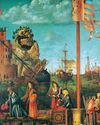
All About History UK
Medieval Pilgrimages
From penance to indulgence, everything you need to know about Christian holy journeys in Middle Ages Europe
9 mins
Issue 159
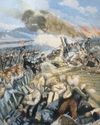
All About History UK
MUKDEN 1905
MUKDEN, MANCHURIA, CHINA 23 FEBRUARY - 10 MARCH 1905
11 mins
Issue 159
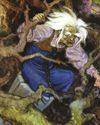
All About History UK
BEWARE BABA YAGA
Folklore expert Willow Winsham explains the history behind the mystery of this fearsome witch from Slavic legend
8 mins
Issue 159
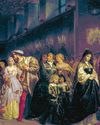
All About History UK
ROYAL SCANDALS
THAT THREATENED THRONES
11 mins
Issue 159
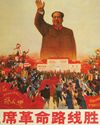
All About History UK
DISASTER PLAN
How a lethal mixture of arrogance, fear and blind faith condemned millions of Chinese to death
10 mins
Issue 159
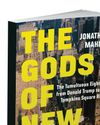
All About History UK
THE GODS OF NEW YORK
How a decade of turmoil shaped the Big Apple
1 mins
Issue 159
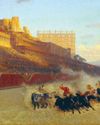
All About History UK
LOST ANCIENT SPORTS
Professor Peter J Miller discusses which ancient sporting traditions have continued into our modern world and which have been lost to time
4 mins
Issue 159
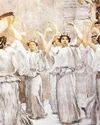
All About History UK
TERRACOTTA PANATHENAIC PRIZE AMPHORA
This ancient vase holding precious olive oil was gifted to the victors of an ancient athletic contest
1 mins
Issue 159
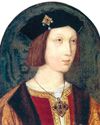
All About History UK
HENRY VIII HAD DIED YOUNG?
Without England's most notorious Tudor king, the country's religious and political history would've looked very different
6 mins
Issue 159

All About History UK
TITANIC MAKING AND BREAKING THE SHIP OF DREAMS
Uncover the inherent flaws and misplaced confidence that allowed a catastrophe to unfold
12 mins
Issue 159
Listen
Translate
Change font size
